Core Store solar project supports BGS net zero targets
A large new solar panel array on the roof of the BGS Core Store is expected to result in a significant reduction in our carbon footprint.
02/07/2021 By BGS Press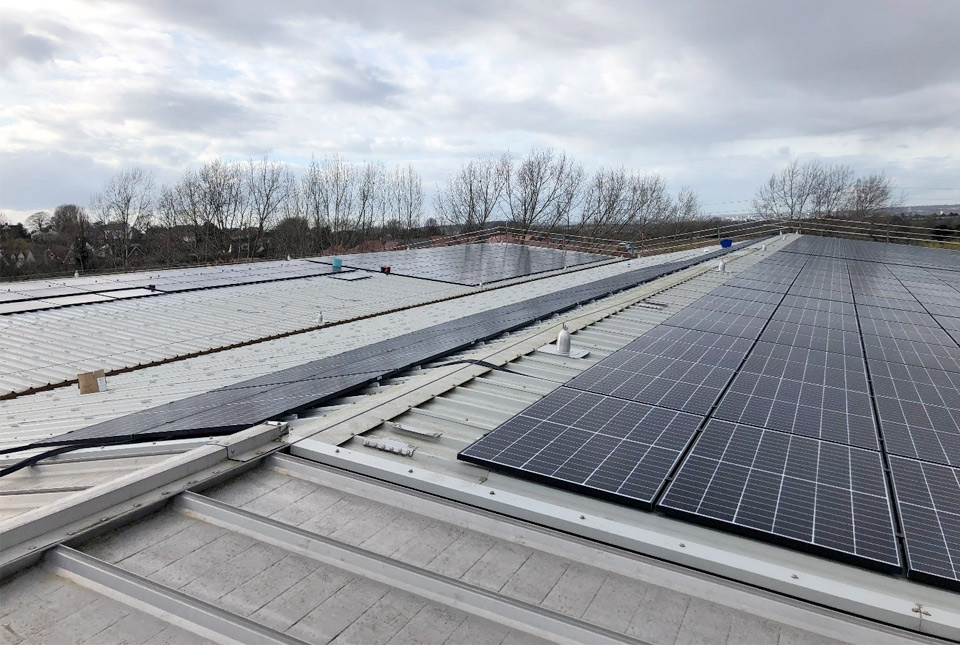
As a sector-leading organisation, the BGS Environmental Sustainability Strategy aims to achieve net zero carbon for our directly managed estates and research in line with the commitment made by our parent body, UKRI. By 2040, we will have substantially raised our standard for environmental sustainability and we will have fully embedded it in our science strategy and estate management. We also plan to work beyond compliance.
The research we undertake and how we support it has an impact on the environment. It is essential that we understand this impact so that we can minimise our footprint and and transition to a more sustainable organisation. The commitments within our strategy are embedded across three areas: our estate, working practices and business travel.
In order to meet the net zero targets highlighted in our strategy, we are reducing our demand on fossil fuels by installing the most environmentally friendly modern technologies on our sites. Carbon dioxide (CO2) levels are substantially higher now than at any time in the last 750 000 years. Burning fossil fuels releases CO2 and other harmful greenhouse gases, which then accumulate as an insulating ‘blanket’ around the Earth, trapping more of the Sun’s heat in our atmosphere.
Our latest renewable energy project entailed the installation of a large solar panel array on one of our largest roof spaces at the Keyworth site, the National Geological Repository (Core Store). An incredible 1751 photovoltaic array covers a massive 3100 m2 area of our Core Store Facility’s roof. This array will result in 589 165 kWh of electricity being generated per year — the total yearly energy consumption of around 160 UK homes — and will save an estimated 305 776 kg of carbon each year.
By installing solar panels, the BGS Keyworth estates team has utilised a system that could be installed relatively quickly and would make a key difference on our estate. Generating our own electricity via solar energy means we will be emitting less CO2 into the atmosphere, reducing our carbon footprint and increasing our sustainability credentials.
We look forward to sharing futher renewable energy initiatives at BGS in the near future.
Relative topics
Related news
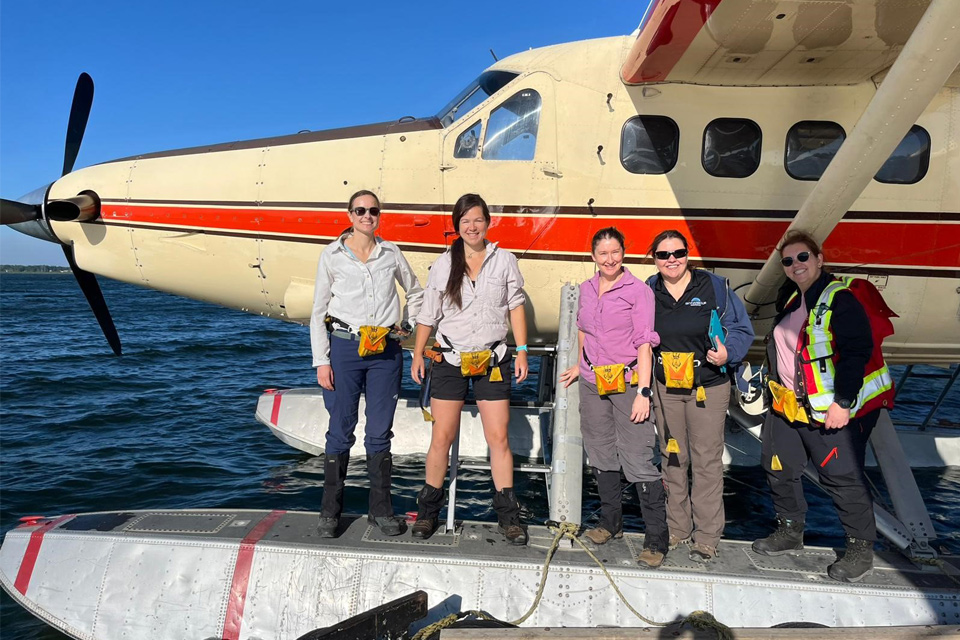
Funding awarded to UK/Canadian critical mineral research projects
08/07/2025
BGS is part of a groundbreaking science partnership aiming to improve critical minerals mining and supply chains.
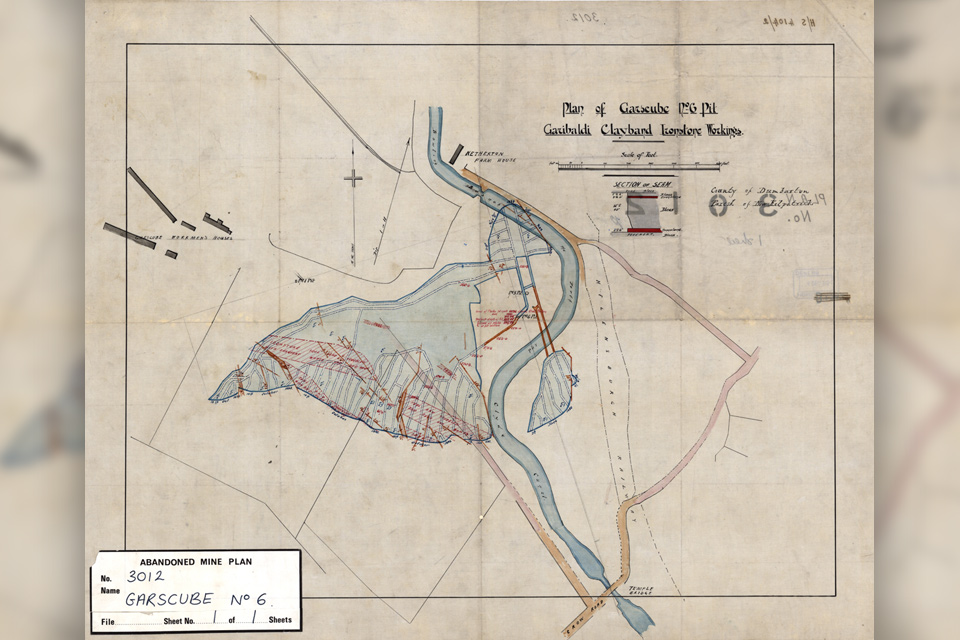
Release of over 500 Scottish abandoned-mine plans
24/06/2025
The historical plans cover non-coal mines that were abandoned pre-1980 and are available through BGS’s plans viewer.
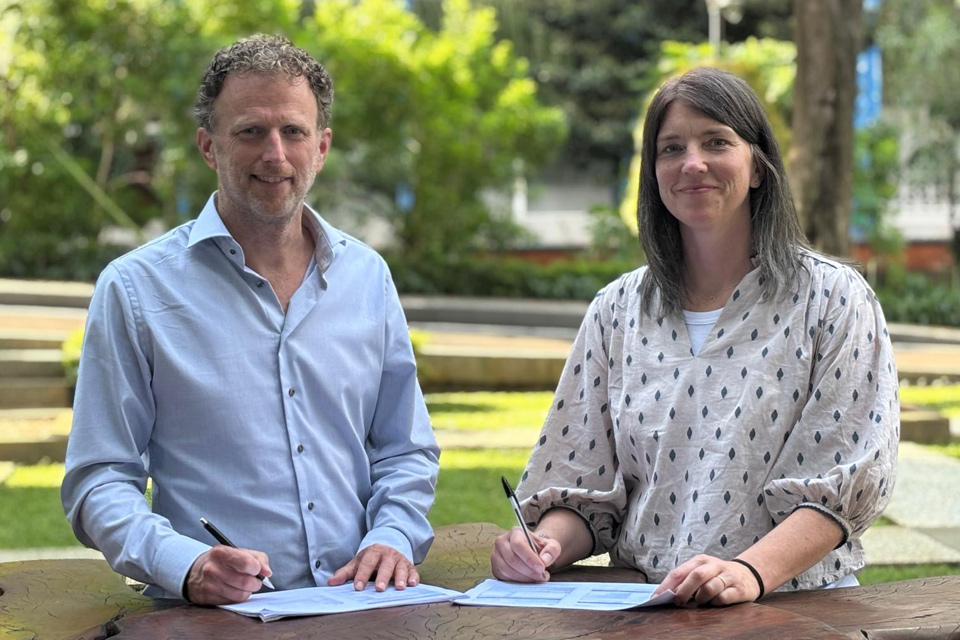
New collaboration aims to improve availability of real-time hazard impact data
19/06/2025
BGS has signed a memorandum of understanding with FloodTags to collaborate on the use of large language models to improve real-time monitoring of geological hazards and their impacts.
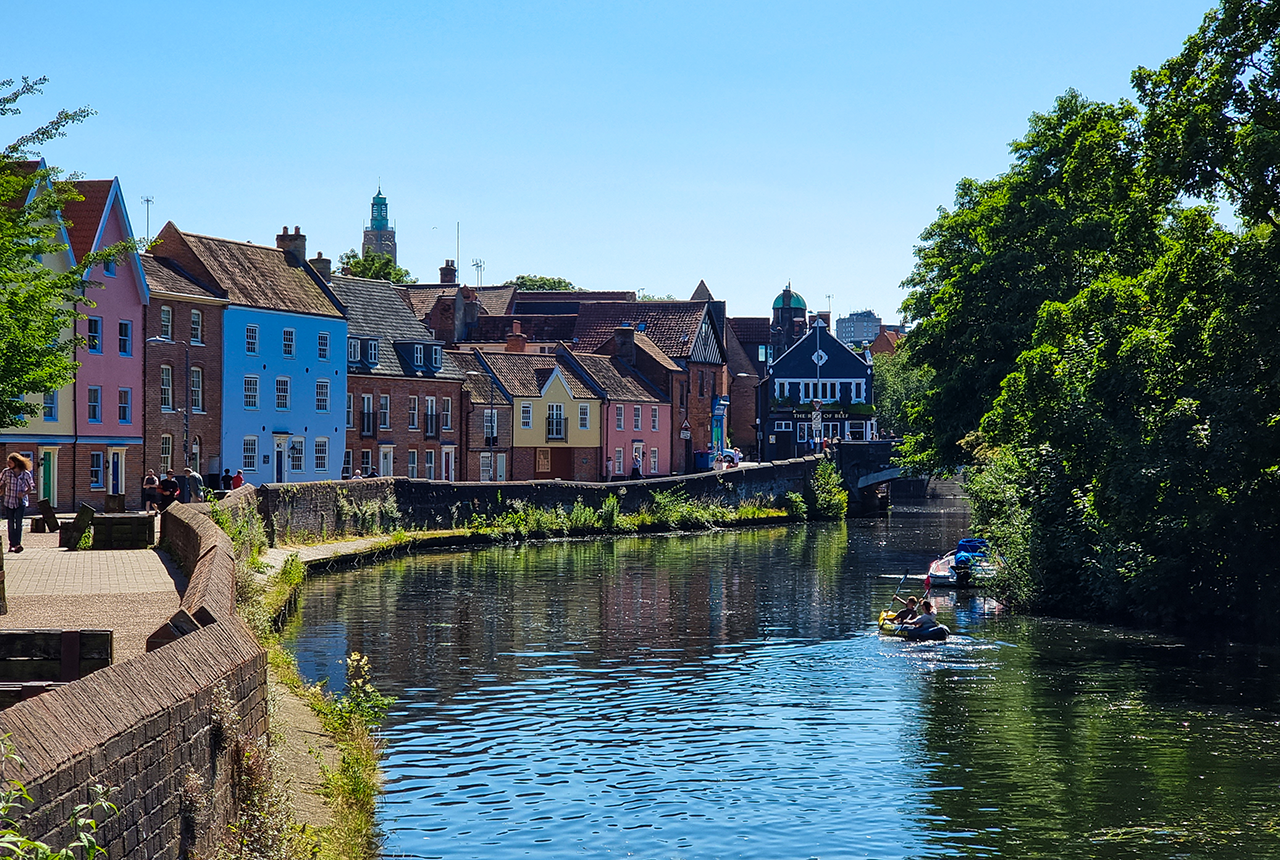
Modern pesticides found in UK rivers could pose risk to aquatic life
17/06/2025
New research shows that modern pesticides used in agriculture and veterinary medicines have been found for the first time in English rivers.

Goldilocks zones: ‘geological super regions’ set to drive annual £40 billion investment in jobs and economic growth
10/06/2025
Eight UK regions identified as ‘just right’ in terms of geological conditions to drive the country’s net zero energy ambitions.
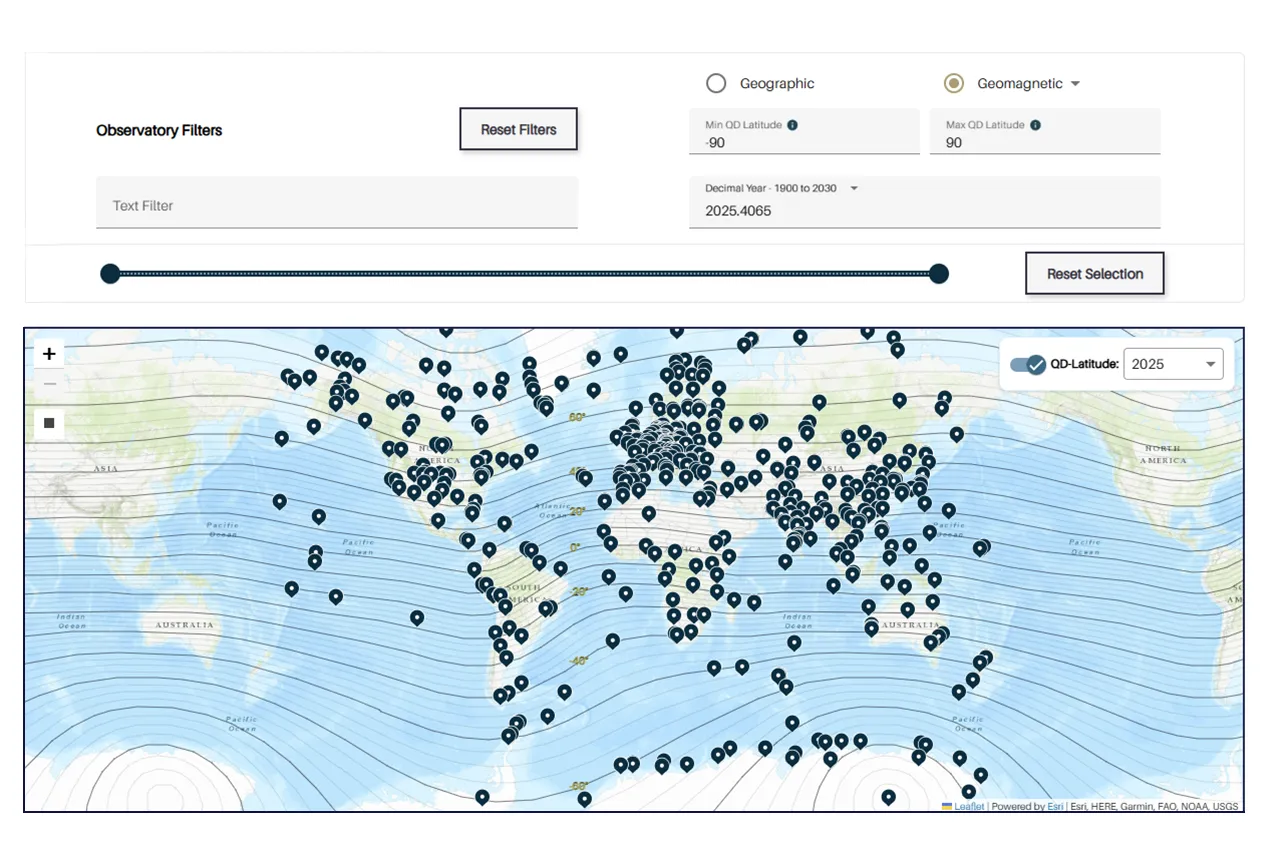
Upgraded web portal improves access to geomagnetism data
02/06/2025
BGS’s geomagnetism portal, which holds data for over 570 observatories across the world, has received a significant update.

BGS digital geology maps: we want your feedback
29/05/2025
BGS is asking for user feedback on its digital geological map datasets to improve data content and delivery.

What is the impact of drought on temperate soils?
22/05/2025
A new BGS review pulls together key information on the impact of drought on temperate soils and the further research needed to fully understand it.
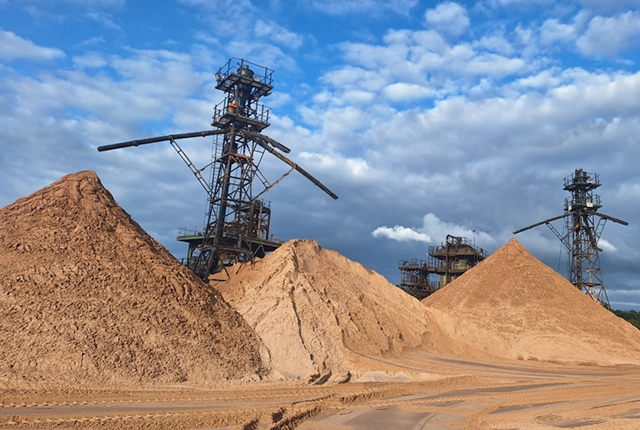
UK Minerals Yearbook 2024 released
21/05/2025
The annual publication provides essential information about the production, consumption and trade of UK minerals up to 2024.

BGS scientists join international expedition off the coast of New England
20/05/2025
Latest IODP research project investigates freshened water under the ocean floor.

New interactive map viewer reveals growing capacity and rare earth element content of UK wind farms
16/05/2025
BGS’s new tool highlights the development of wind energy installations over time, along with their magnet and rare earth content.

UKRI announce new Chair of the BGS Board
01/05/2025
Prof Paul Monks CB will step into the role later this year.


